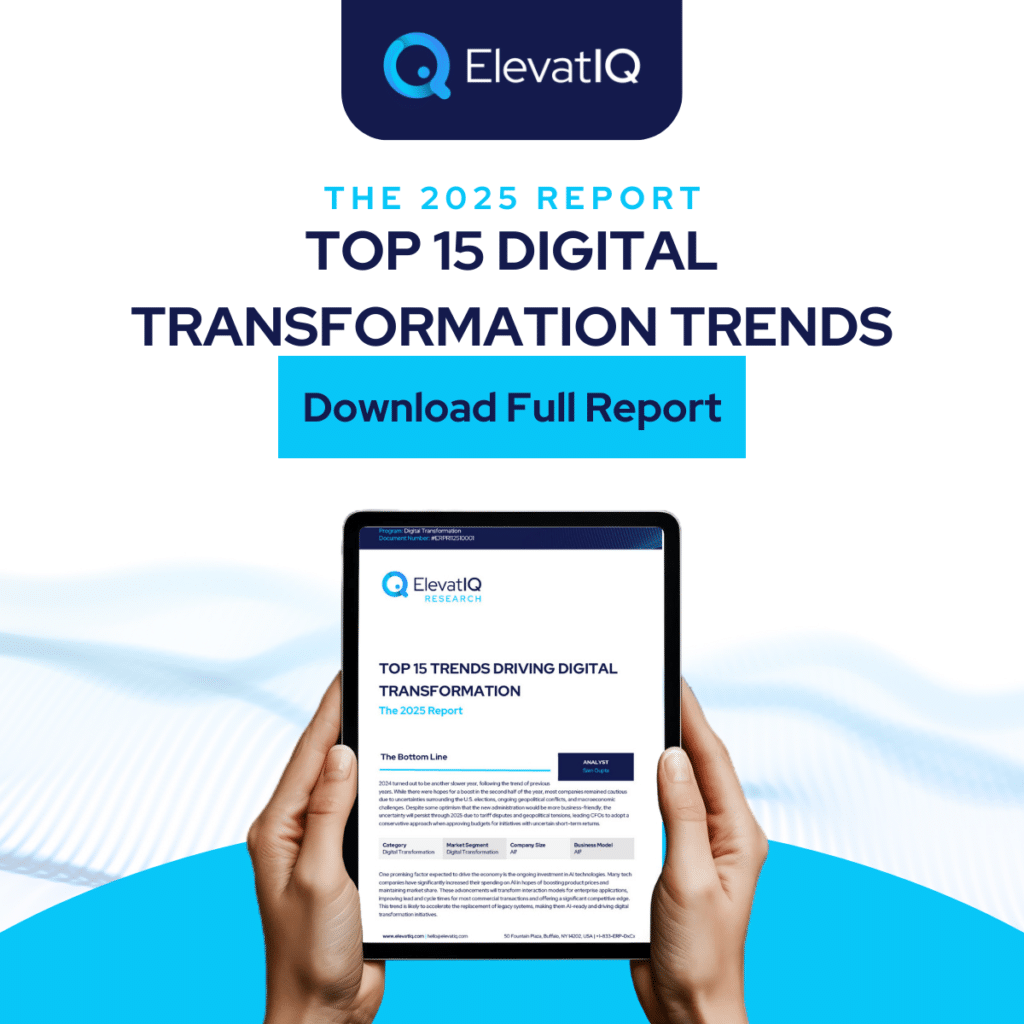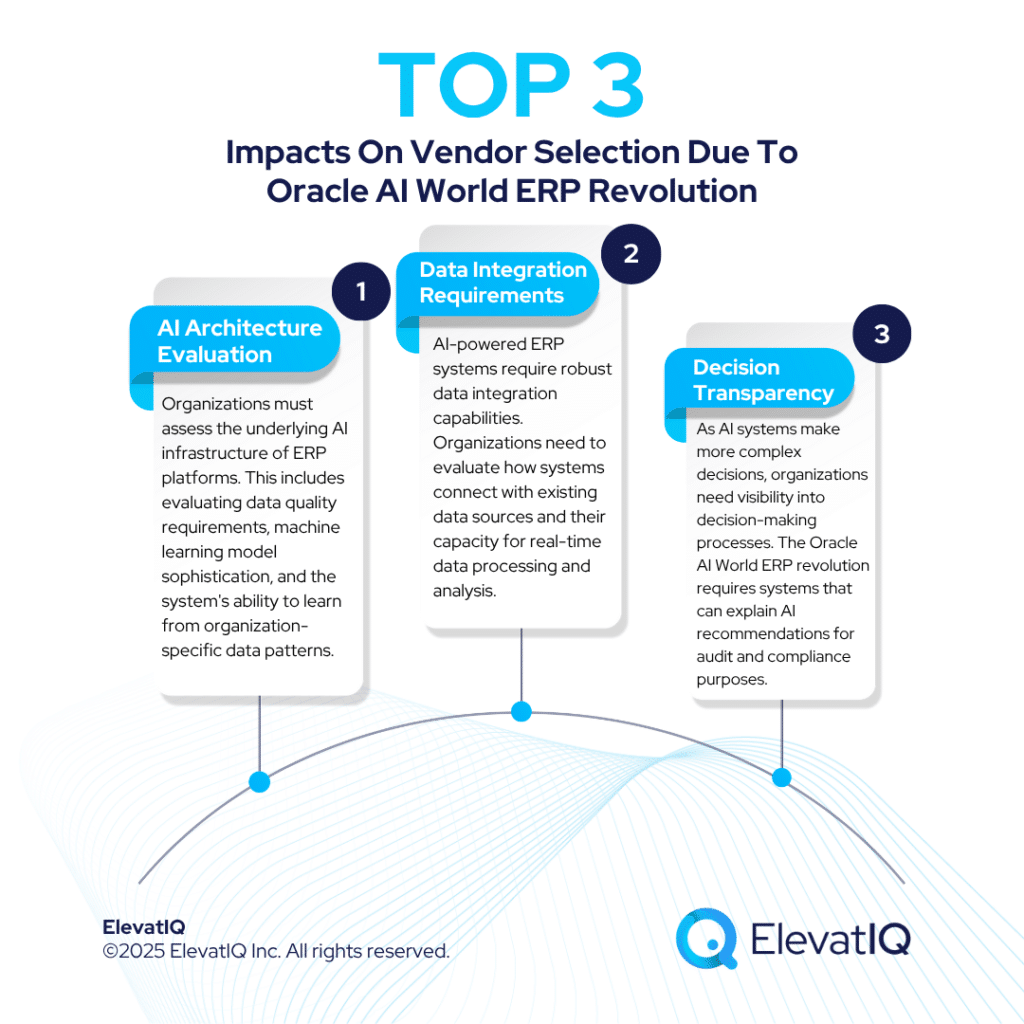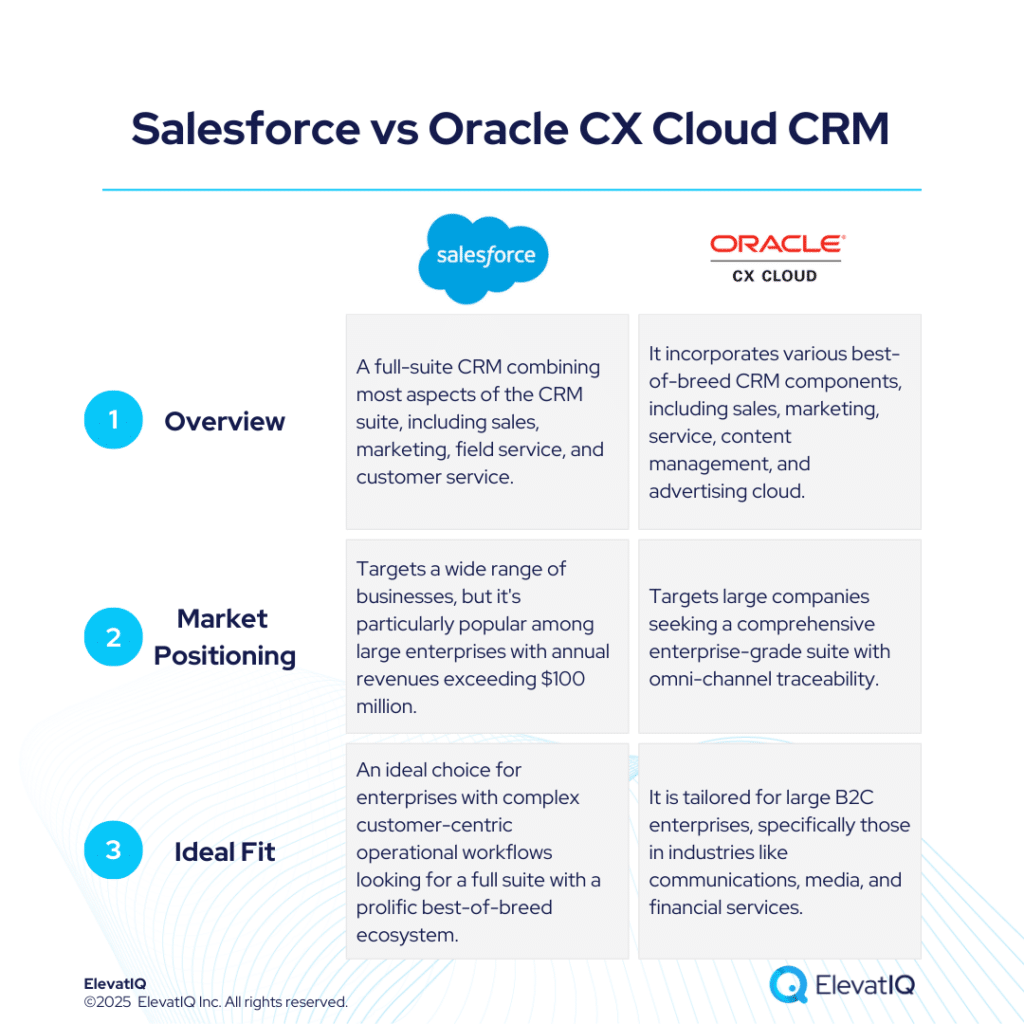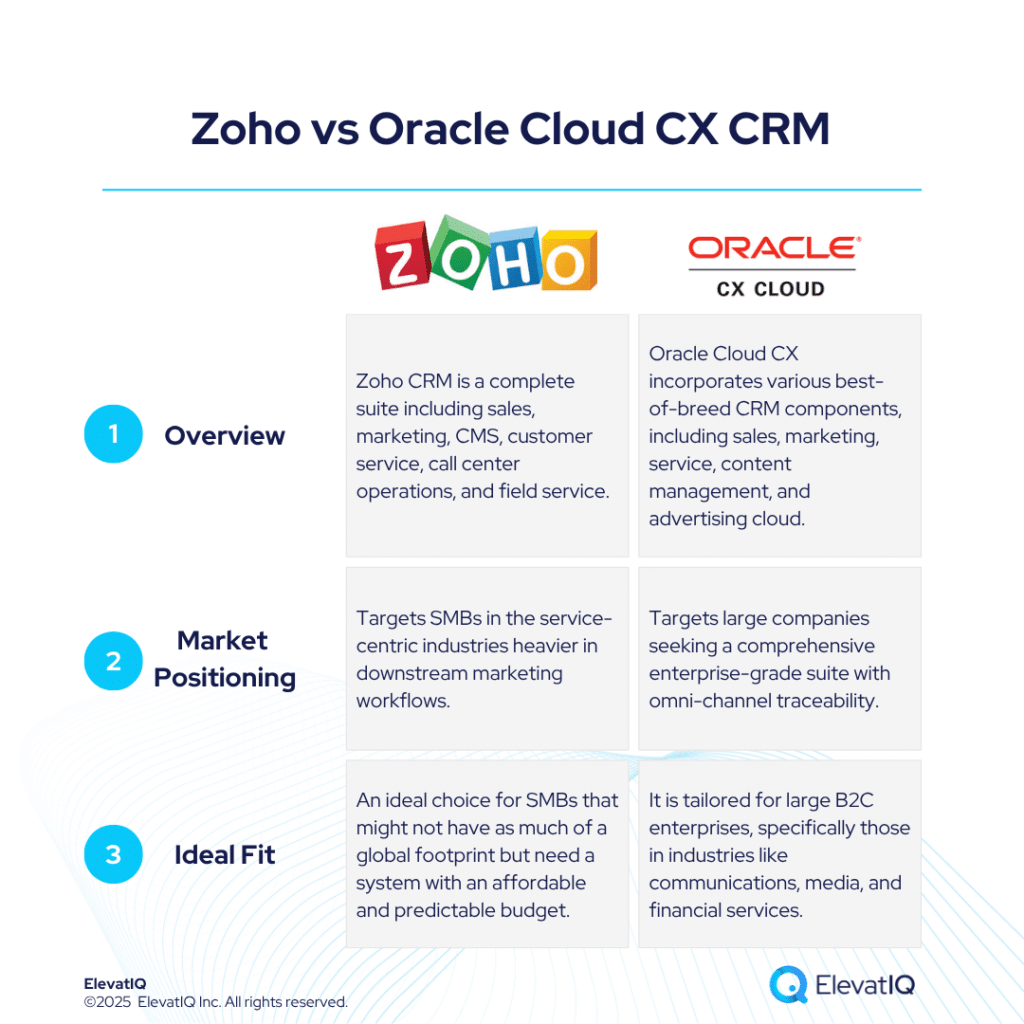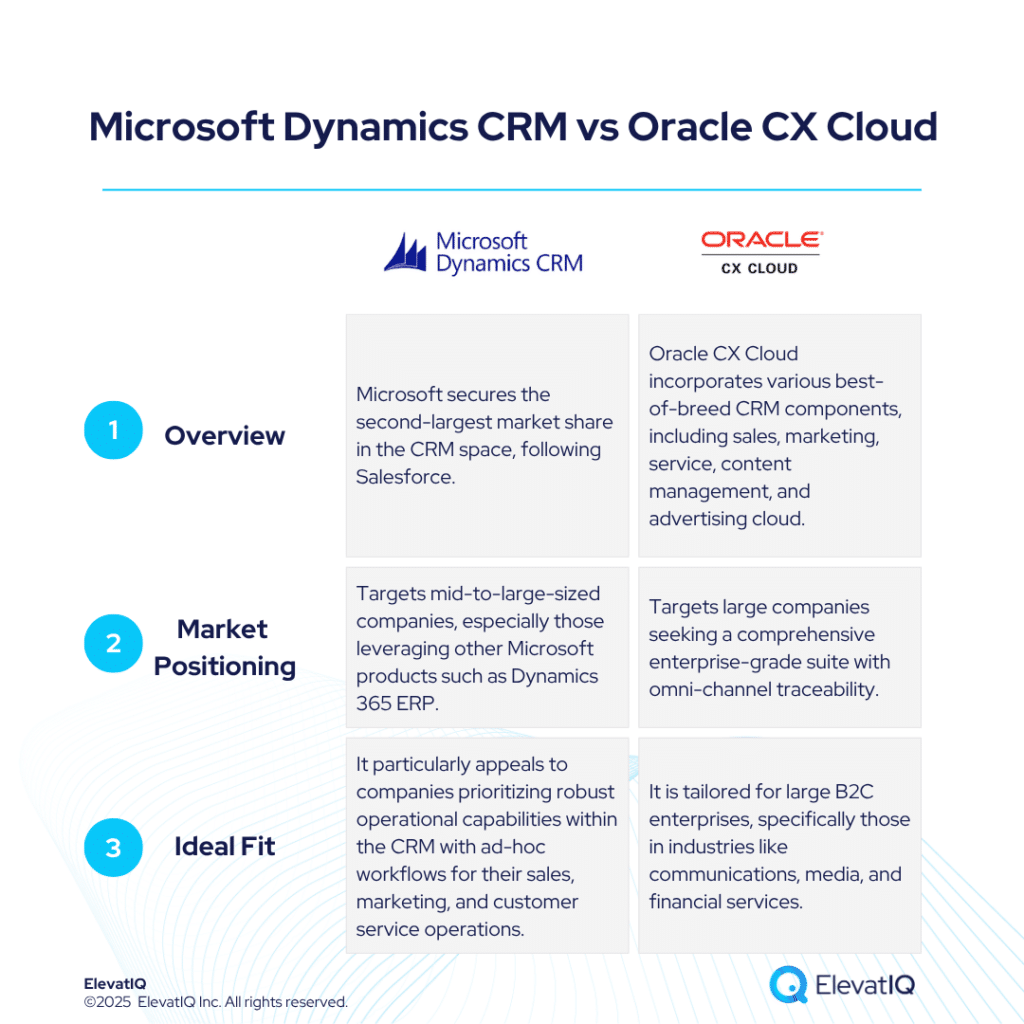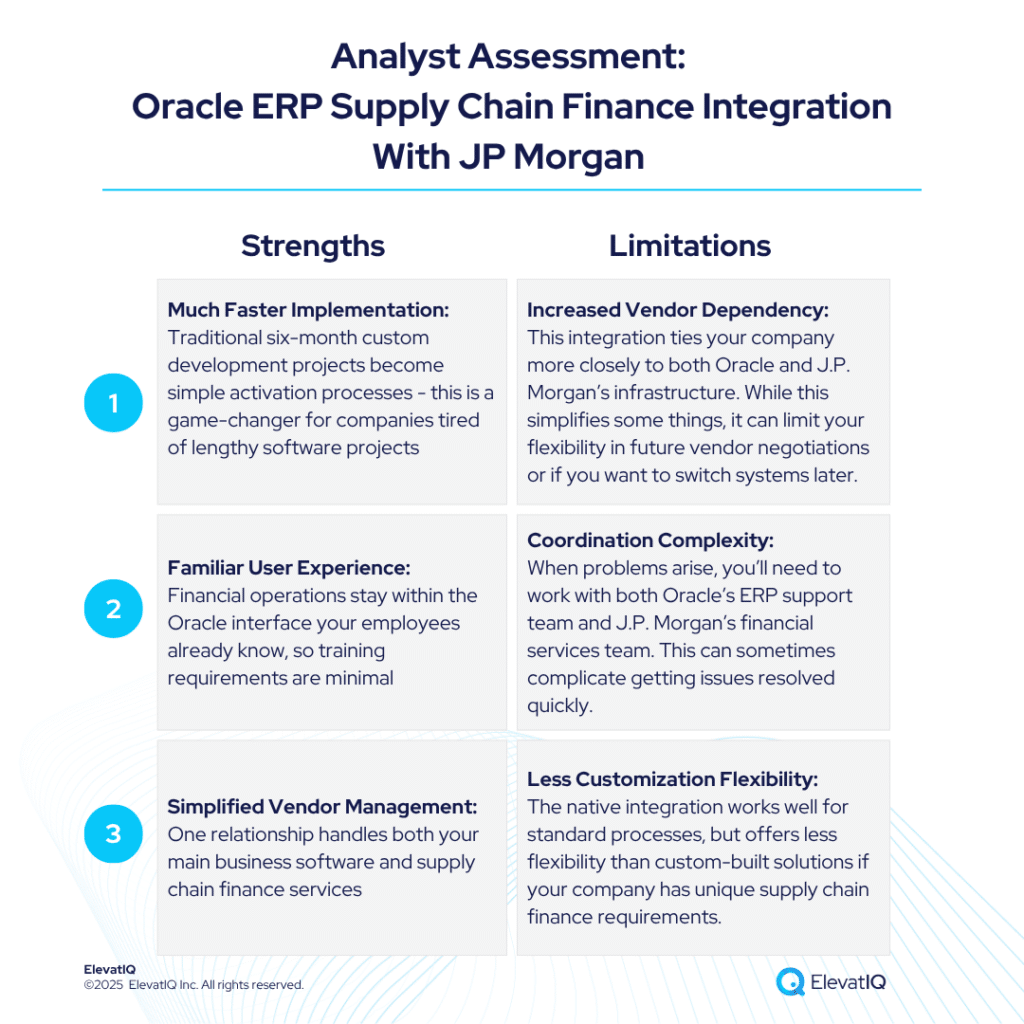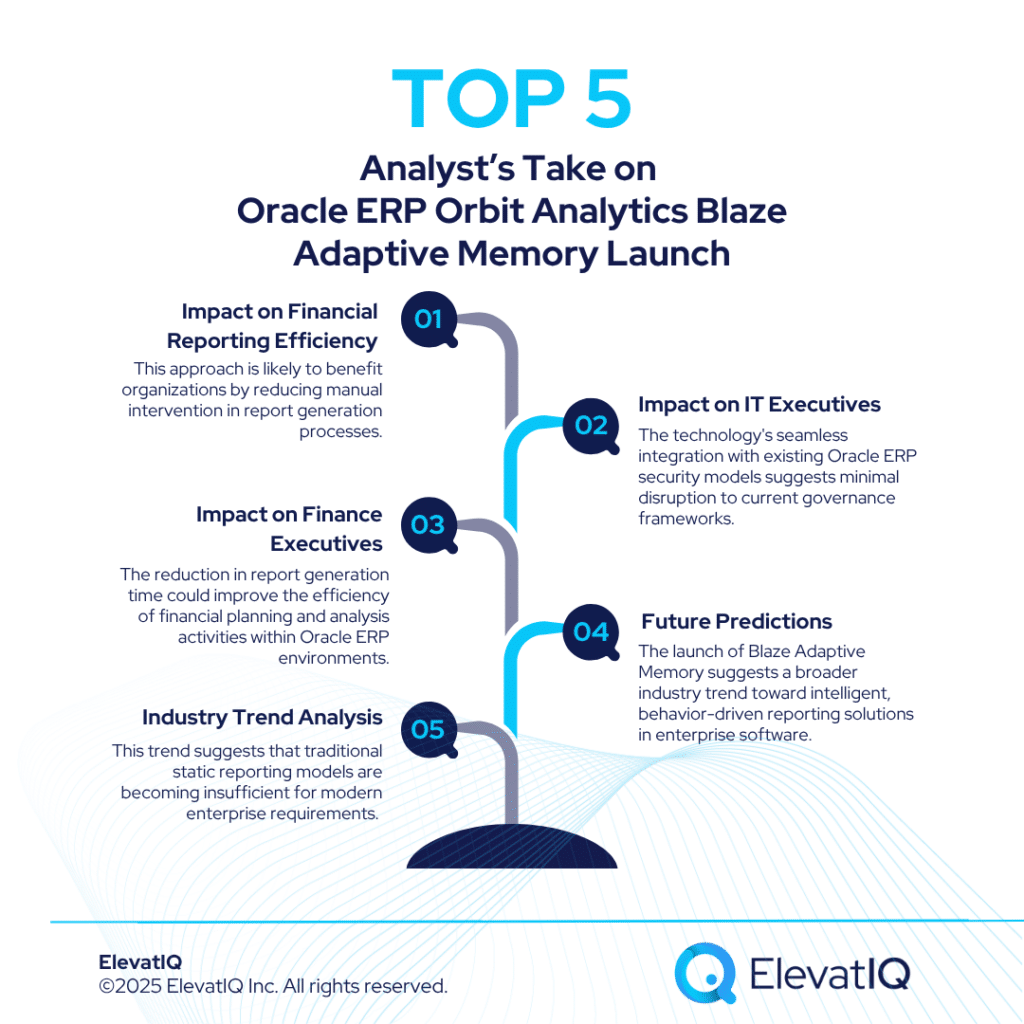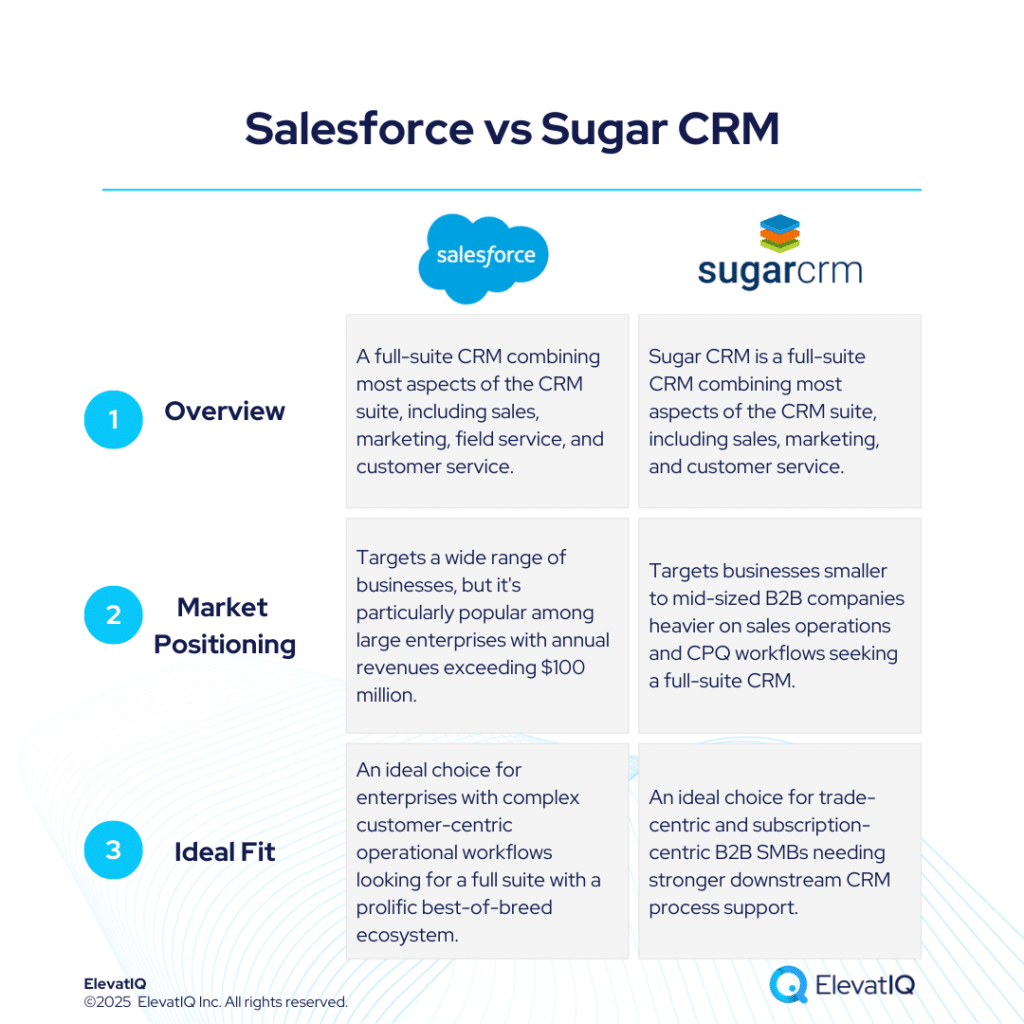Last Updated on September 30, 2025 by Shrestha Dash
Oracle announced that its flagship event CloudWorld would be renamed Oracle AI World. According to Oracle, the rebrand emphasizes the company’s commitment to helping customers take advantage of AI innovations to move faster, reduce costs, make informed decisions, and build businesses. This change reflects Oracle’s positioning of artificial intelligence as central to its enterprise resource planning strategy.
Background of the Rebranding Decision
Oracle stated that the name change emphasizes its commitment to helping customers and partners take advantage of the latest AI innovations. The event, previously known as CloudWorld, focused primarily on cloud infrastructure and migration strategies. The Oracle AI World ERP revolution represents a shift from cloud-centric messaging to AI integration as the primary value proposition.
Oracle’s decision aligns with broader industry trends where ERP vendors are integrating AI capabilities into core system functions rather than offering them as separate modules. This Oracle AI World ERP revolution indicates Oracle’s belief that AI has become fundamental to ERP operations rather than supplementary.
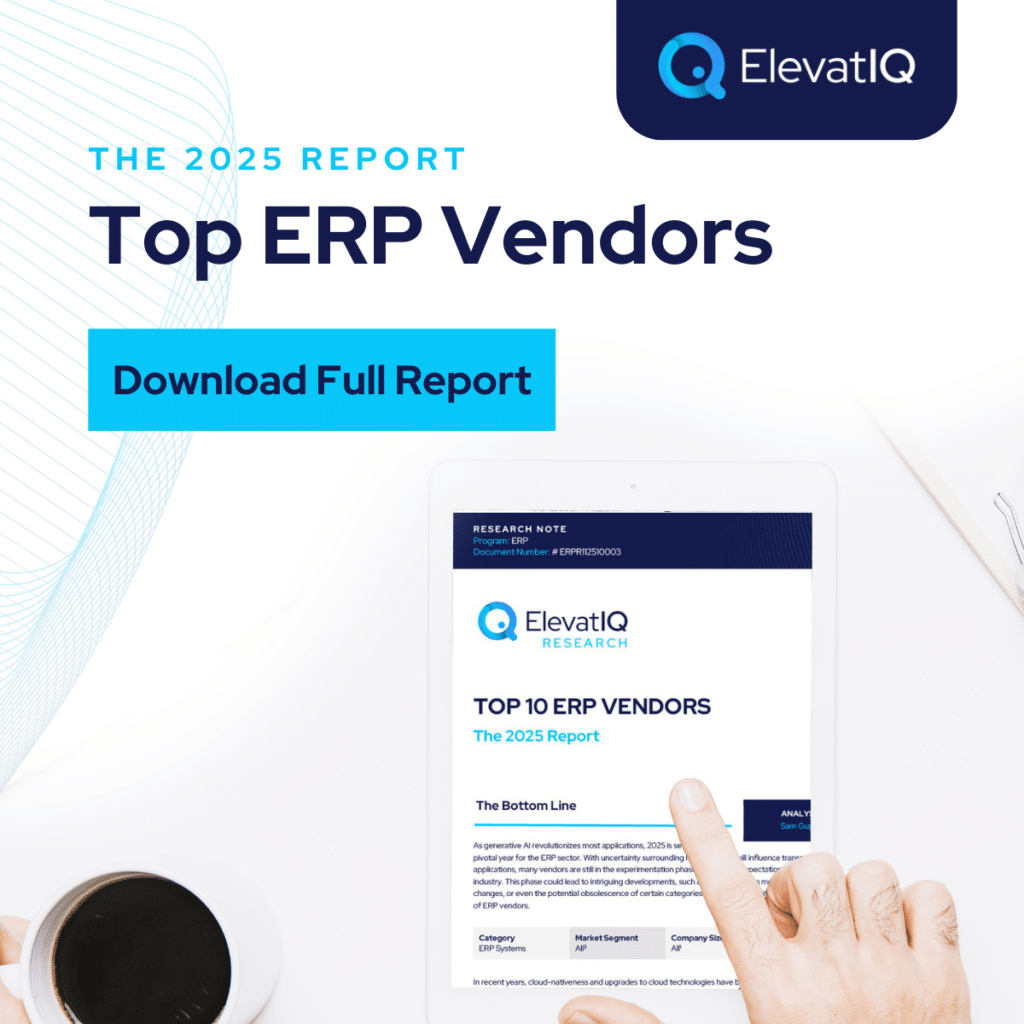
Current AI Integration in Oracle ERP Systems
Oracle has implemented AI features across its ERP portfolio, including Oracle Fusion Cloud ERP and NetSuite. These implementations include:
Financial Management AI Features
Oracle ERP systems now include automated reconciliation processes, anomaly detection in financial data, and predictive cash flow modeling. These features use machine learning to identify patterns in financial transactions and flag unusual activities for review.
Supply Chain Intelligence
AI-powered supply chain management in Oracle systems provides demand forecasting, inventory optimization, and supplier risk assessment. The Oracle AI World ERP revolution includes predictive analytics that analyze historical data to anticipate supply chain disruptions.
Human Resources Automation
Oracle’s HCM Cloud incorporates AI for resume screening, employee retention prediction, and compliance monitoring. These tools analyze employee data to identify patterns that may indicate turnover risk or compliance issues.
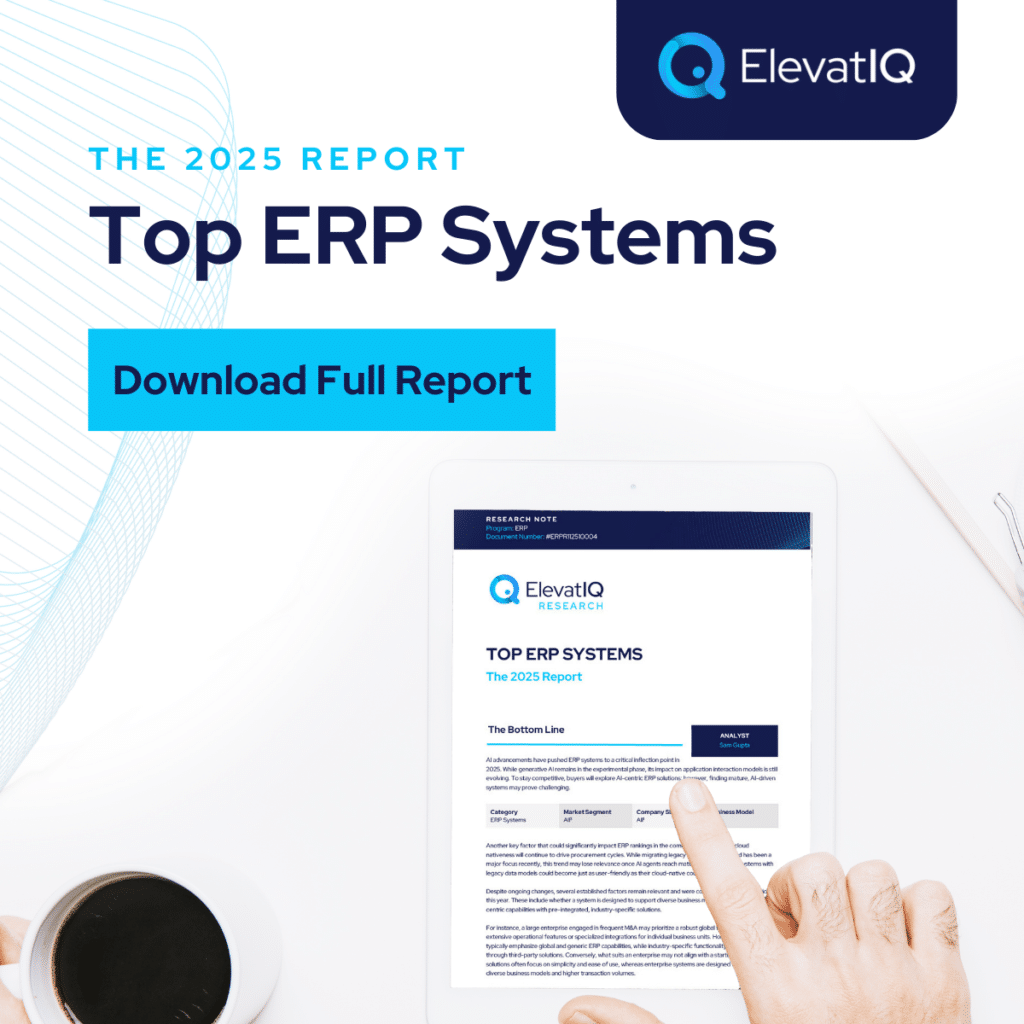
Impact on ERP Vendor Selection
The Oracle AI World ERP revolution changes the evaluation criteria for organizations selecting ERP systems. Traditional factors like functional coverage and integration capabilities remain important, but new considerations have emerged:
AI Architecture Evaluation
Organizations must assess the underlying AI infrastructure of ERP platforms. This includes evaluating data quality requirements, machine learning model sophistication, and the system’s ability to learn from organization-specific data patterns.
Data Integration Requirements
AI-powered ERP systems require robust data integration capabilities. Organizations need to evaluate how systems connect with existing data sources and their capacity for real-time data processing and analysis.
Decision Transparency
As AI systems make more complex decisions, organizations need visibility into decision-making processes. The Oracle AI World ERP revolution requires systems that can explain AI recommendations for audit and compliance purposes.
Implementation Considerations
Organizations implementing AI-integrated ERP systems face different challenges than traditional ERP deployments. The Oracle AI World ERP revolution requires modified implementation approaches:
Training Requirements
Users need training on interpreting AI recommendations, understanding when to override automated decisions, and working with intelligent systems. This differs from traditional ERP training that focused on system navigation and process execution.
Process Redesign
AI-integrated ERP systems require organizations to redesign business processes. Companies must determine which processes benefit from automation versus those requiring human judgment and oversight.
Organizations navigating these implementation challenges often engage independent ERP consultants with experience in AI-integrated ERP systems. These consultants provide vendor-agnostic guidance on system selection and implementation strategies, helping organizations evaluate AI capabilities across multiple platforms while maintaining objectivity in decision-making processes.

Professional Role Evolution
The Oracle AI World ERP revolution affects career paths for ERP professionals. Traditional roles focused on system configuration, report creation, and process documentation are expanding to include:
AI Strategy Development
ERP professionals need skills in AI model interpretation, data governance, and human-AI workflow design. The ability to connect AI technical capabilities with business objectives becomes increasingly valuable.
Enhanced Analysis Capabilities
As AI systems handle routine tasks, human professionals focus on exception management, strategic analysis, and process optimization. This requires stronger analytical and problem-solving skills.
Continuous Skill Development
The rapid evolution of AI capabilities requires ongoing education. ERP professionals need an understanding of machine learning principles, large language models, and AI ethics alongside traditional ERP functional knowledge.
Industry Response and Competition
The Oracle AI World ERP revolution influences competitive dynamics across the enterprise software market. Other major ERP vendors are developing their own AI initiatives in response:
Vendor Differentiation Strategies
As basic AI capabilities become standard, vendors differentiate through implementation quality, industry-specific AI models, and integration sophistication rather than AI presence alone.
Partnership Development
The complexity of AI-integrated ERP systems has led to partnerships between software vendors, implementation consultants, and specialized AI service providers. Organizations benefit from selecting partners with demonstrated AI integration experience across multiple vendor platforms.
Organizational Preparation Requirements
Organizations planning to implement AI-integrated ERP systems in the context of the Oracle AI World ERP revolution should begin preparation before vendor selection:
Data Quality Assessment
AI effectiveness depends on data quality and accessibility. Organizations should audit existing data sources, identify integration requirements, and establish data governance protocols before beginning ERP selection.
Change Management Planning
AI-powered ERP systems require comprehensive change management addressing technical and cultural transformation. Users need support adapting to AI-augmented workflows and decision-making processes.
Skills Gap Analysis
Organizations should identify current skill gaps and develop training programs for AI-integrated ERP environments. This includes both technical skills and cognitive abilities required for human-AI collaboration.
Market Analysis and Future Outlook
The Oracle AI World ERP revolution represents early stages of broader enterprise software transformation. Current market indicators suggest:
Adoption Timeline
Organizations implementing AI-integrated ERP systems report longer implementation timelines but improved operational efficiency once systems are fully deployed. Early adopters gain competitive advantages through improved decision-making speed and accuracy.
Investment Requirements
AI-integrated ERP systems typically require higher initial investment in data preparation, training, and change management. However, organizations report reduced operational costs through process automation and improved accuracy.
Technology Evolution
The rapid advancement of AI capabilities means ERP systems will continue evolving. Organizations must plan for ongoing system updates and user training as AI features expand and improve.
Strategic Considerations
The Oracle AI World ERP revolution requires organizations to view AI integration as strategic transformation rather than technical upgrade. Success factors include:
Leadership Commitment
Successful AI-integrated ERP implementations require executive support for organizational change and investment in user training and process redesign.
Gradual Implementation
Organizations achieve better results through phased AI integration rather than attempting comprehensive deployment immediately. This allows teams to adapt to AI-augmented processes gradually.
Performance Measurement
Organizations need metrics to evaluate AI system performance and identify areas for improvement. This includes measuring both technical performance and business impact.
The transformation represented by Oracle AI World reflects broader changes in enterprise software. Organizations that understand these changes and plan accordingly will be better positioned for the increasingly AI-driven business environment. The Oracle AI World ERP revolution indicates that future ERP success will depend on effective AI integration rather than traditional functional capabilities alone.
